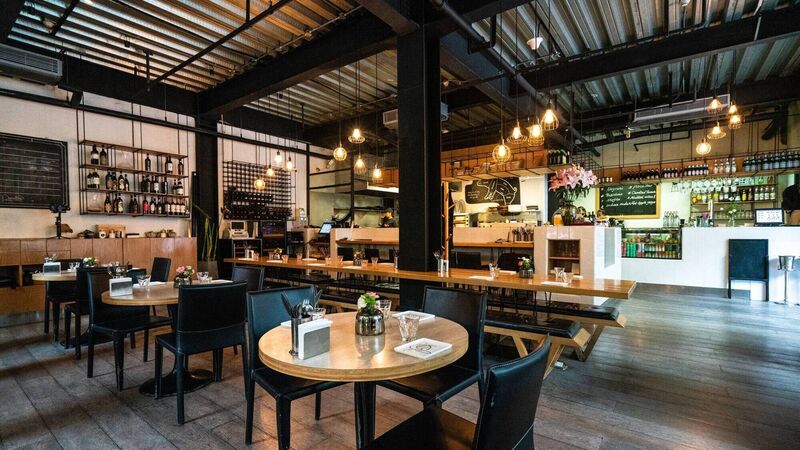Why the minimum wage needs to rise rapidly

"The clearest route for minimum wage workers to higher pay is to progress where they already work...There will, for sure, be some restaurant kitchen porters dreaming of life as a data scientist. But there will be far more who want to progress by managing their restaurant, by owning the restaurant. Ditto for shop workers, ditto for hotel workers."
Ireland’s minimum wage world is largely an international population, with very little power. They keep the nation’s hotels, restaurants, and shops, open and vibrant. But the lobbyists for those sectors fight every day to keep their wages low.
The next budget will probably see the minimum wage increase by somewhere between 50 cents an hour, up to a euro if the government is feeling generous. A euro an hour is the absolute bare minimum needed for the poorest workers in the country to not be poorer than last year. Needing generosity to not become poorer speaks to the power imbalance faced by the minimum wage worker.













